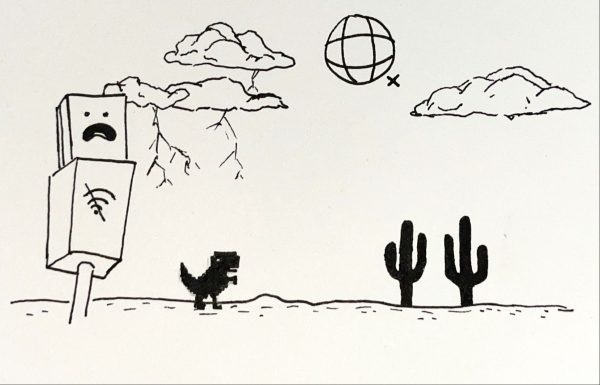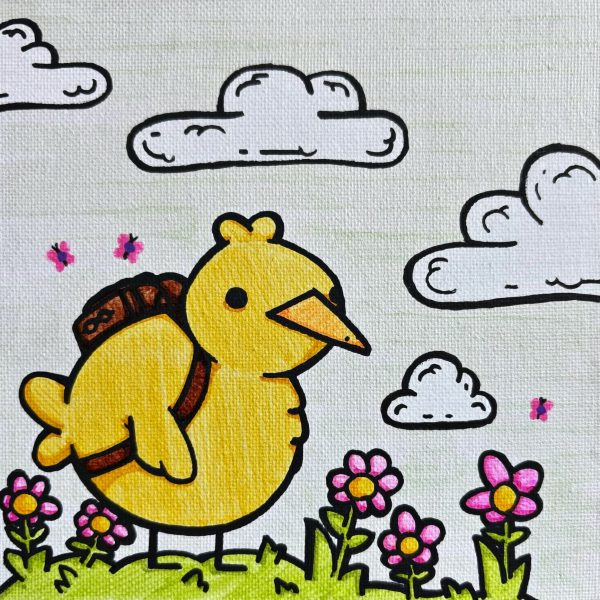‘Vagina’ has more than one meaning
March 1, 2005
“We were worried … about vaginas,” the girls said. They stood on a dark stage, each under a spotlight, and they explained to the audience about … guess what? Vaginas.
This was part of a performance called “The Vagina Monologues,” a series of stories about hundreds of different women (and their vaginas) that was presented by the NIU College of Law this past weekend. Throughout the monologues, the word “vagina” was probably mentioned more times than any one of us had ever heard in one sitting. It was celebrated, revered, described in detail and most importantly for the women in the audience – it was acknowledged.
The monologues helped answer a question that many women don’t dare to ask – why are we so afraid of the word “vagina”? Why is it so taboo, even offensive? It’s a huge part of the female identity, yet no well-mannered individual would venture to bring it up in polite conversation. Why, as these girls emphasized, are we all so worried about our vaginas?
The issue may be deeper than one would think.
As the monologues sadly conveyed for many women, the vagina has been regarded merely as a segue for many of the problems and violence they have encountered. Many of the stories included instances of rape, harassment and traumatic sexual experience. And as the program clearly pointed out, they were not alone. According to the complimentary pamphlet, 1.3 women are raped every minute, 6,000 girls are genitally mutilated every day, 31 percent of American women have reported being physically or sexually abused – the word “vagina” has become almost synonymous with shame, terror and disgust.
While all this is terrible, “The Vagina Monologues” offers solutions. V-Day, the non-profit organization that sponsors the monologues, uses the proceeds to diffuse violence against women worldwide. The monologues themselves are also therapeutic. By bringing women’s innermost fears and confusions to the surface, we are able to relate to them and also realize how silly it is to hide from them.
Some of the readings were also lighthearted and humorous. A few referred to intimidating visits to the gynecologist’s office, frustrating encounters with “feminine” products and deeply personal sexual experiences. The audience laughed in recognition and in embarrassment over some of the stories.
“I hated my thighs, and I hated my vagina even more,” one girl read.
“It wants freedom,” another reads. “It wants change; it wants to scream!”
Bethany White, the V-Day organizer, summed it all up when she said: “Women secretly love to talk about their vaginas because no one’s ever asked them before.”
And so it’s time to talk. The word “vagina” really isn’t that bad – it’s a word that needs to be confronted, to be recognized. The goal of women becoming less ashamed of their bodies and all their implications won’t be reached until we are able to accept the reality of who we are – and become comfortable with it.
Columns reflect the opinion of the author and not necessarily that of the Northern Star staff.













